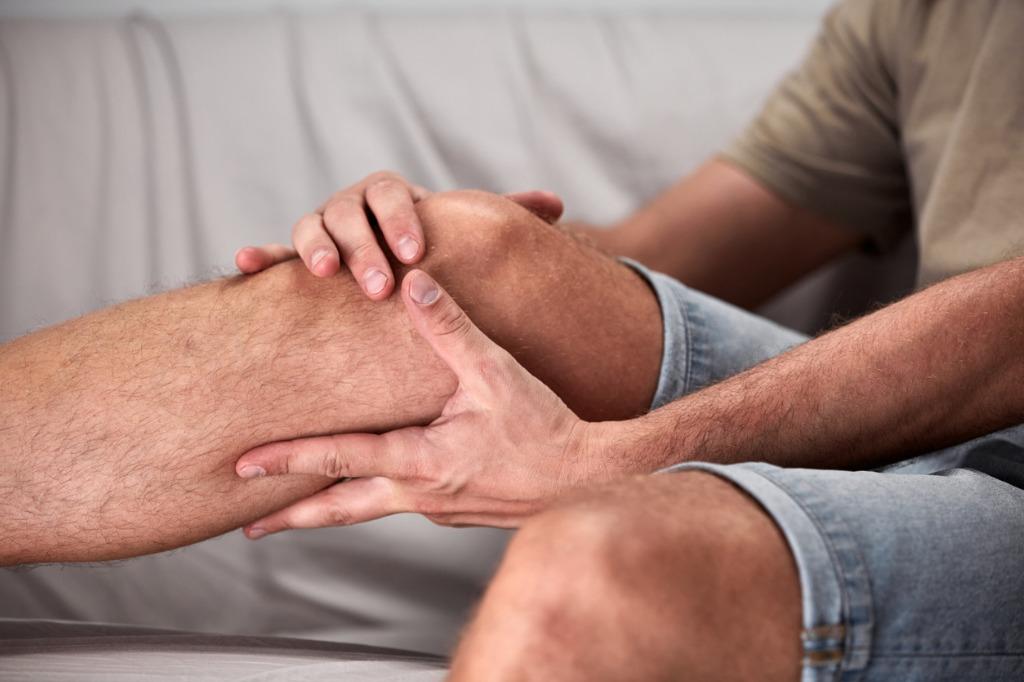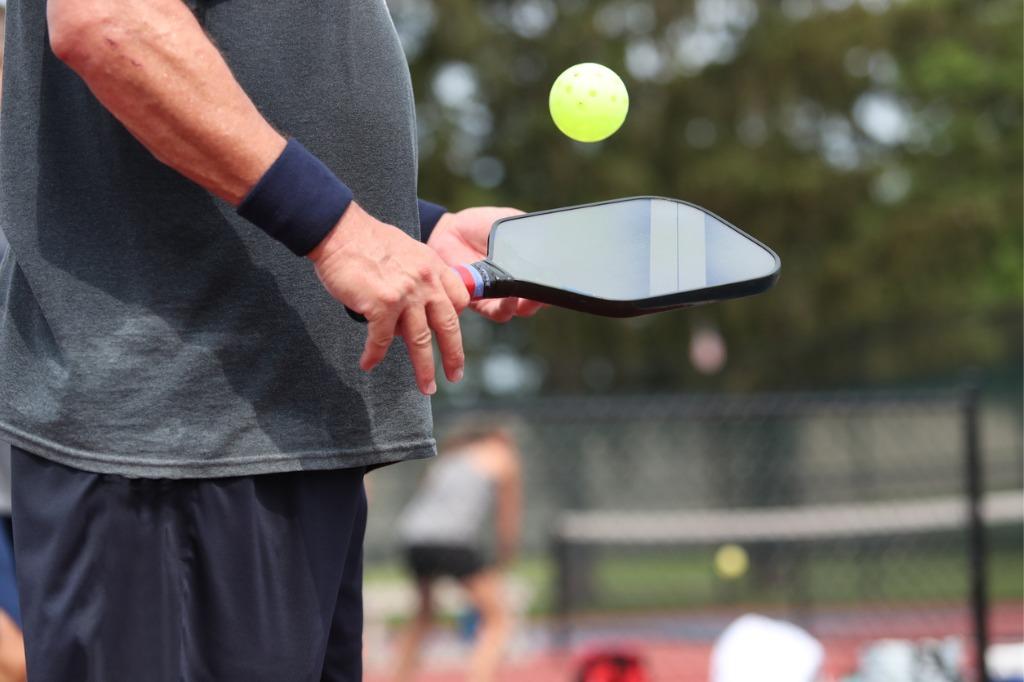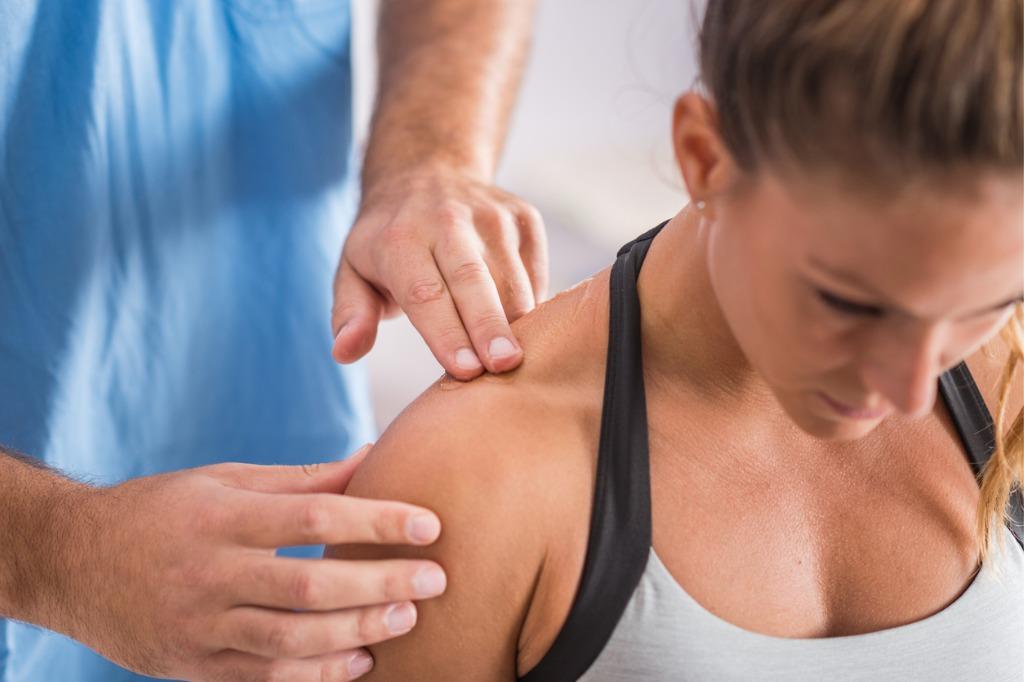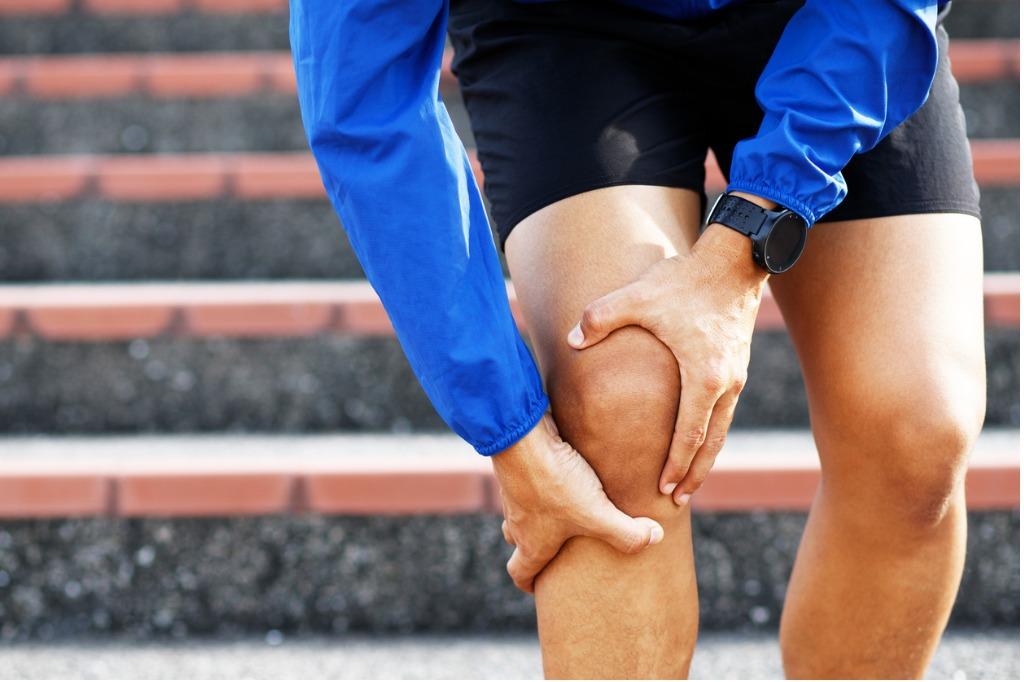5 Common Causes of Kneecap Pain

The patella (kneecap) is a flat, rounded triangular bone in the front of the knee. Kneecap pain is a common condition that may greatly impact daily life. It can be caused by a variety of factors, from overuse to a traumatic injury, and may range from a dull ache to sharp, stabbing pain.
Whether you are an athlete or simply lead an active lifestyle, kneecap pain can significantly hinder your ability to move and enjoy daily activities. Understanding the common causes of kneecap pain is crucial in finding the proper treatment and management plan. Taking action and seeking the right treatment may reduce your pain and get you back to the activities you love.
An Overview of the Common Causes of Kneecap Pain
Your knee is made up of bones, muscles, ligaments, and tendons that all work together to provide stability and act as a shock absorber when you engage in physical activities. When these structures become damaged or weak, normal tracking and function of the kneecap can become painful. The most common causes of knee and kneecap pain include:
1. Arthritis
Arthritis can lead to pain in the knee, including the patella. Inflammation in the joint may cause the protective cartilage to wear down, resulting in stiffness. This may also cause friction between the patella and thigh bone, resulting in discomfort. Treatments for kneecap pain related to arthritis may include physical therapy, medication, and in severe cases, injections or surgery.
2. Overuse Injuries
Overuse injuries can result from repetitive motions that put stress on the knee joint. These types of injuries are common in athletes and people who engage in physical activities on a regular basis. Overuse injuries may cause pain, swelling, and tenderness in the knee, particularly around the kneecap. Treatment usually includes rest, physical therapy, and in some cases, corticosteroid injections or surgery.
3. Patellar Tendonitis
Also known as jumper’s knee, patellar tendonitis is an injury that causes pain in the tendon connecting the kneecap to the tibia. This condition weakens the tendon and increases the risk of tearing the tendon if left untreated. Symptoms include pain, swelling, and difficulty extending the knee. Jumper’s knee is often seen in basketball players and runners due to the repetitive stress on the patellar tendon.
4. Dislocated and Fractured Kneecaps
A dislocated or fractured patella can cause severe pain and discomfort in the knee. Dislocations occur when the patella is forced out of its normal position, while fractures are breaks in the bone. These injuries may occur as a result of a direct impact on the knee, such as a fall or collision, or due to overuse and everyday wear and tear. Athletes, older adults, and people with knee conditions such as osteoporosis are at a higher risk of suffering a dislocated or fractured patella.
Symptoms of a dislocated or fractured patella may include severe pain, swelling, difficulty moving the knee, and an audible popping or cracking sound at the time of the injury. Treatment may consist of immobilization, physical therapy, and in severe cases, surgery to repair or stabilize the patella. A knee brace or other supportive device may sometimes be necessary to prevent further injury and promote healing.
5. Runner’s Knee
Runner’s knee, also known as patellofemoral pain syndrome, is a common condition that causes kneecap pain. It is usually categorized as dull pain around the kneecap, which becomes more intense when engaging in physical activities such as running, climbing stairs, squatting, or jumping. Runner’s knee may be caused by a structural defect, overuse of the knee joint, or an imbalance in the muscles and tendons around the patella. Symptoms of runner’s knee include a rubbing, grinding, or clicking sensation around the kneecap.
Treating Kneecap Pain at Motion Orthopaedics
If you are suffering from kneecap pain, it is crucial to seek treatment as soon as possible.
Motion Orthopaedics offers various treatment options, from physical therapy and bracing to injections or surgery. Our team of experts can help you identify the root cause of your pain and provide effective solutions to get you back on track. Contact us today and take the first step toward managing your knee pain.




